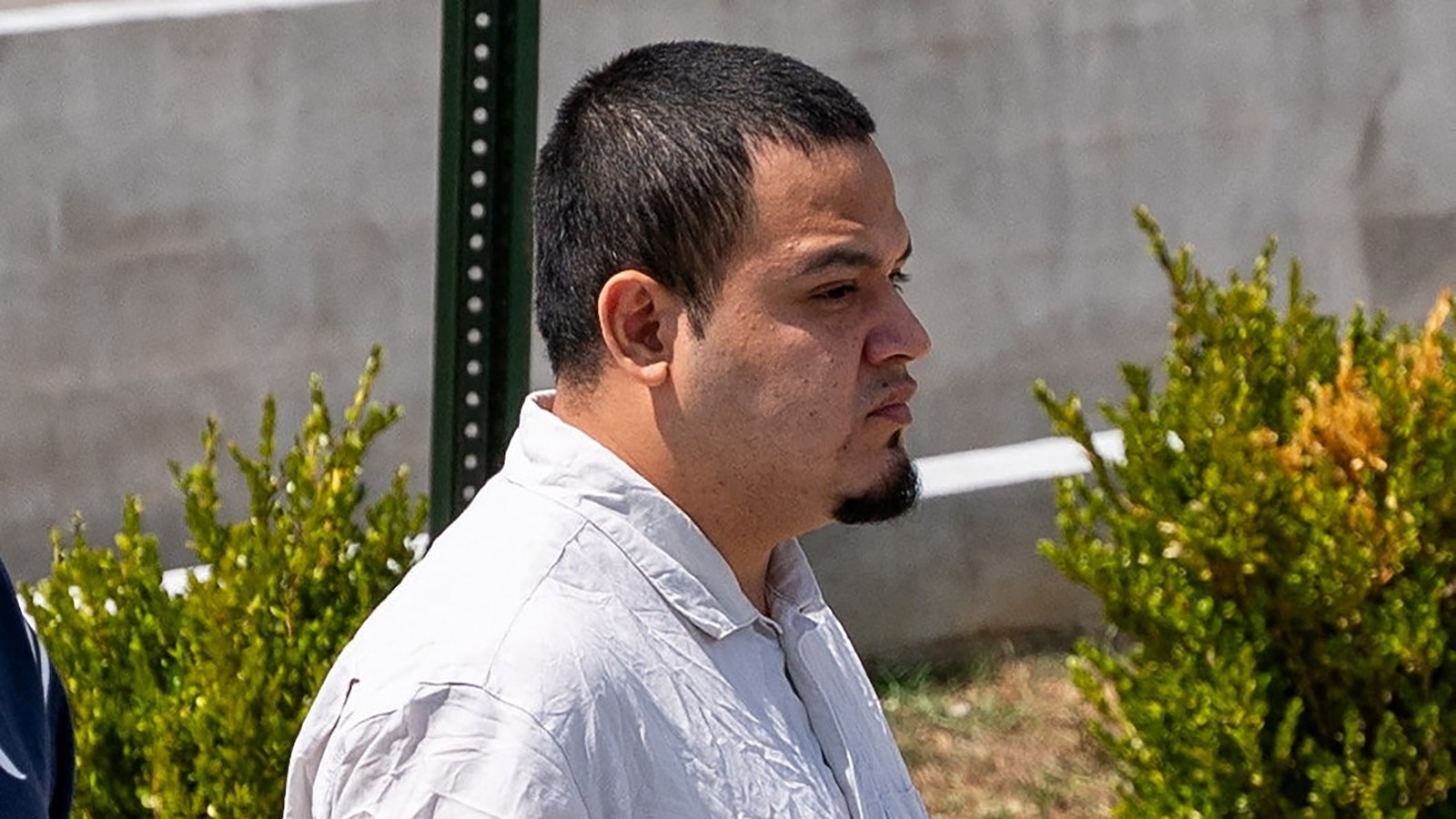Abrego Garcia’s Attorneys Allege U.S. Government Coercion in Plea Deal, Threatening Deportation to Uganda
By Maria Alvarez
August 24, 2025
Washington, D.C. – Attorneys for Kilmar Abrego Garcia, a defendant in a high-profile federal case, have filed a motion alleging that the U.S. government is attempting to coerce him into accepting a guilty plea by threatening deportation to Uganda, a country with which he has no known ties. The claims, detailed in a court filing on August 23, 2025, have sparked outrage and raised questions about the ethics of plea bargaining in immigration-related cases.
Allegations of Coercion
According to the filing, federal prosecutors offered Abrego Garcia a plea deal that would result in a prison sentence followed by deportation to Costa Rica, his country of origin. However, after he declined the deal on August 22, the government allegedly informed him that he would face deportation to Uganda instead. The filing, reported by sources like ABC and the Associated Press, describes this as an attempt to “intimidate and improperly pressure” Abrego Garcia into pleading guilty. His legal team argues that the threat violates his constitutional rights and is grounds for dismissing the case.
The specifics of Abrego Garcia’s charges remain undisclosed in public reports, but the case appears to involve immigration or criminal violations. His attorneys contend that the government’s actions exploit his vulnerable status as a non-citizen, leveraging the fear of deportation to an unfamiliar and potentially unsafe country to secure a conviction. “This is not justice; it’s coercion,” said one of his lawyers in a statement quoted by Anna Bower on X.
Public and Legal Backlash
The allegations have ignited a firestorm on social media, particularly on X, where users have expressed shock and condemnation. One post read, “The government threatening to deport someone to Uganda over a plea deal? That’s a new low.” Another user questioned, “How is this not abuse of power? Uganda? Really?” The case has drawn attention to broader concerns about the U.S. justice system’s treatment of non-citizens, with advocates arguing that such tactics disproportionately harm immigrants.
Legal experts note that plea bargaining is a common practice, with over 90% of federal cases resolved through plea deals, according to the Bureau of Justice Statistics. However, using deportation as leverage, particularly to an unrelated country, raises ethical and legal questions. “This could constitute an abuse of prosecutorial discretion,” said Professor Elena Martinez, an immigration law expert at Georgetown University. “If proven, it undermines the fairness of the judicial process.”
Government’s Stance and Context
The Department of Justice has not publicly responded to the allegations, and no official statement has been released as of August 24, 2025. However, a post on X by @shipwreckedcrew suggested the government’s position: “Plead guilty, go to jail for a few years, get deported to Costa Rica. Don’t plead guilty, go to Uganda. Your choice.” The post, while polarizing, reflects a perspective that views the plea offer as a standard negotiation tactic, though it does not address the ethical concerns raised by the defense.
The choice of Uganda as a deportation destination remains unclear, with no public evidence linking Abrego Garcia to the country. This has fueled speculation that the threat may be a strategic move to pressure him into compliance, possibly tied to broader immigration enforcement policies under the current administration.
Broader Implications
The case comes amid heightened scrutiny of U.S. immigration policies, particularly following reports of stringent enforcement measures in 2025. Posts on X highlight public frustration, with one user stating, “This is what happens when immigration is weaponized in the justice system.” The controversy could amplify calls for reforming plea bargaining practices, especially in cases involving non-citizens.
Abrego Garcia’s legal team is seeking to have the case dismissed, arguing that the government’s actions violate due process. A hearing is expected in the coming weeks, with the outcome potentially setting a precedent for how immigration status is used in criminal negotiations.
Looking Ahead
As the case unfolds, it is likely to remain a flashpoint in debates over immigration, prosecutorial conduct, and judicial fairness. For Abrego Garcia, the stakes are personal and profound, with his future hinging on the court’s response to his attorneys’ claims. The controversy underscores the complex interplay of immigration and criminal justice, leaving observers on X and beyond watching closely for what comes next.
Trending Tags: #AbregoGarcia, #GovernmentCoercion, #DeportationThreat, #PleaDeal, #ImmigrationJustice, #UgandaDeportation
Maria Alvarez is a legal affairs reporter covering immigration and criminal justice.
